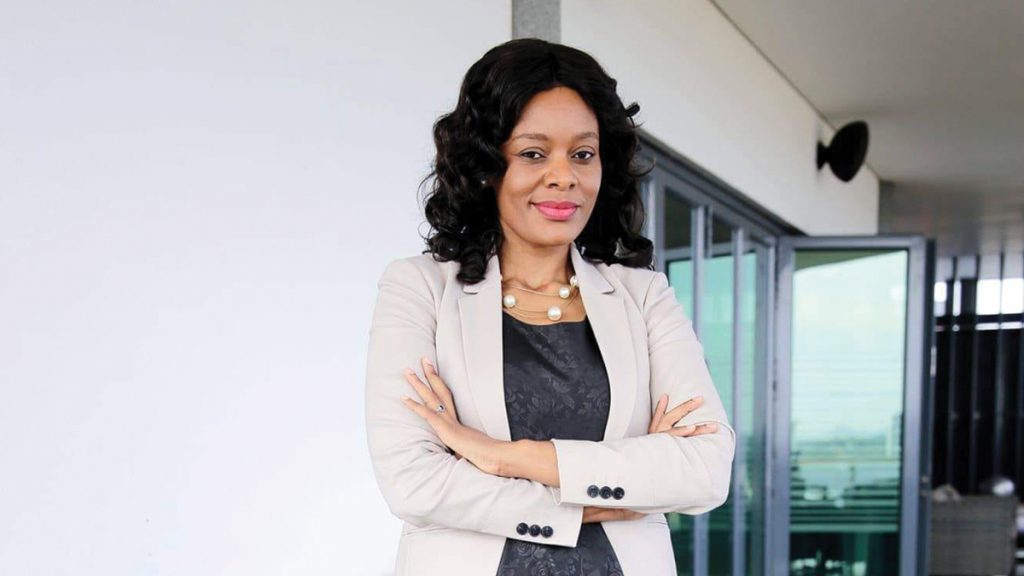Botswana 5th on RMB Top 10 Investment -Attractive African Countries
Operating environment, fiscal scores and development plans – key to investment-attractiveness in a Covid-19 world
BOGA CHILINDE MASEBU*
Key findings from the RMB’s Where to Invest in Africa 2021 report indicates that Egypt is Africa’s top investment destination, with Morocco following and South Africa in third place. Based on its operating environment, Botswana, is now rated in fifth position.
The positive global sentiment that started the year 2020 was short-lived when SARS-CoV-2 began ravaging the globe. The nature of the virus and lockdown legislation demanded a new sociological construct that still tilts the scales of the work-life balance. Recession hit – putting the spotlight on, among other things, salient aspects of human interaction. COVID-19 brought into sharp focus the vast disparities in access to basic health and wellbeing services across countries. It was also a catalyst for the adoption and utilisation of technology as a means to interface.
According to the author, RMB Africa Economist Daniel Kavishe, a new world called for a new approach to the publication and this year’s reportassesses the extent of the pandemic’s impact by sketching the landscape of the continent pre-COVID-19, and then painting a picture of both its actual and potential outcomes through and post pandemic. Where previous editions positively projected Africa’s prospects, discerned through reliable and readily available data, COVID-19 has muddied the analytical waters and compelled the team to adapt its methodology.
The approach required an extra layer of sophistication. Says Kavishe: “We created a new set of rankings that incorporated some of the unavoidable COVID-19-induced challenges, of which the operating environment score was one.” Therefore, key findings from the RMB’s Where to Invest in Africa 2021 report indicates that Egypt is Africa’s top investment destination, with Morocco following and South Africa in third place. Based on their operating environments, other high-scoring countries have moved up the rankings – notably Rwanda and Botswana, now in fourth and fifth position respectively.
For Botswana, the country’s high foreign-exchange reserves, enabled it to weather the pandemic-induced economic storm better than most. The Pula Fund, a sovereign fund created in 1994 that finances a large part of the budget deficit, has meant that fiscal dependency on debt has been low.
Following an 8.5% contraction in 2020, Botswana’s economy is on a path of recovery, with growth slated for 6.7% in 2021. While the primary sector –diamond-mining in particular –is the main catalyst for this year’s growth, concerted efforts have been undertaken by both the private and public sector to ensure that the effects of the pandemic are minimised moving forward.
In order to ensure the delivery of the Economic Recovery and Transformation Plan (ERTP), the government has secured funding from the World Bank and the AfDB to the tune of US$250m and US$137m respectively. These funds will be directed towards attracting private-sector investments, contributing to the diversification of Botswana’s exports, and creating job opportunities towards a green economy. The ERTP also seeks to finance and fast-track key infrastructural projects across the country in order to support growth in the local construction industry. To ensure that plans to promote local production are successful, however, Botswana will have to address its implementation challenges.
*PR & Communications Manager,
First National Bank of Botswana Limited
